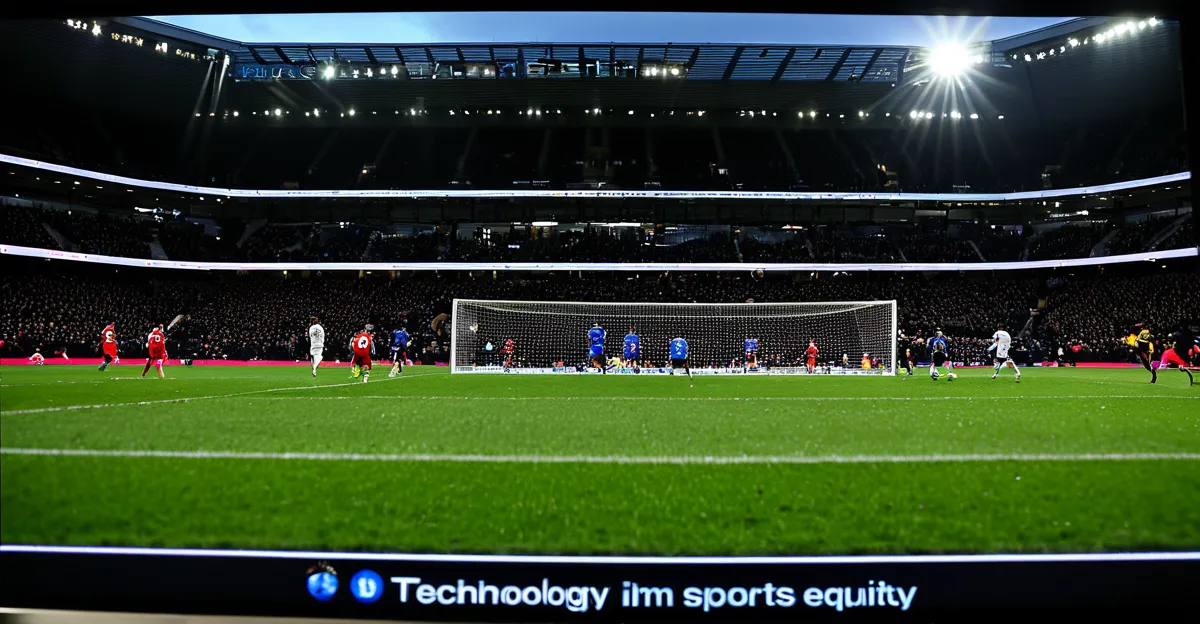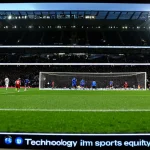Technological Innovations Advancing Fairness in UK Sports
Technology in sports has revolutionised fairness by tackling long-standing issues like human error and bias. In UK sports, key innovations such as Video Assistant Referee (VAR), Hawk-Eye, and wearable devices have become central to this transformation. VAR, for instance, enhances decision-making in football by allowing referees to review critical moments, reducing mistakes and increasing accuracy during matches.
Hawk-Eye technology is widely used in cricket and tennis. It tracks ball trajectories with precision, offering objective decisions on appeals for leg before wicket (LBW) and line calls. This drastically limits disputes and ensures players are judged with impartiality. Wearable devices in athletics monitor biometric data, providing real-time insights while promoting fairness by ensuring competitors meet regulatory standards such as pacing and health metrics.
Also read : What Are the Key Lessons from Historical UK Sports Events?
These technological implementations address traditional challenges through objective measurement and instant feedback. They create a consistent and transparent sporting environment, helping maintain fairness across various UK sports disciplines. Innovations like these reduce the risk of controversial outcomes and improve trust in officiating, which is crucial for sports integrity nationwide.
Impact of Technology on Decision-Making and Integrity
Technology in sports has significantly boosted sports decision-making by enhancing accuracy and consistency in officiating across UK sports. For example, the integration of instant data and video analysis allows referees to make informed, precise calls during key moments, reducing errors that traditionally led to disputes.
Also read : What are the trends in UK sports media coverage?
The use of technology impact tools like VAR in football and Hawk-Eye in cricket has cut down controversies and appeals. Decisions on goals, offsides, or LBW appeals are now backed by objective evidence rather than subjective judgment, which strengthens integrity in competitions. Such technological advances have built greater trust among players, officials, and fans, critical for maintaining commitment to fair play.
Moreover, these innovations promote transparency by providing visible proof behind refereeing choices. This visibility addresses bias concerns, fostering a culture where fair decisions are respected and upheld. As these technologies evolve, their role in supporting umpire and referee authority grows, ensuring fairness remains a cornerstone of UK sports.
In summary, technology’s positive impact on UK sports fairness reinforces integrity by minimizing human error and increasing confidence in officiating outcomes during competitive play.







